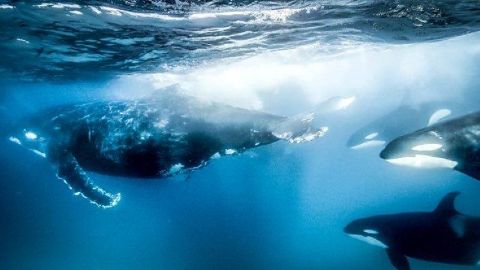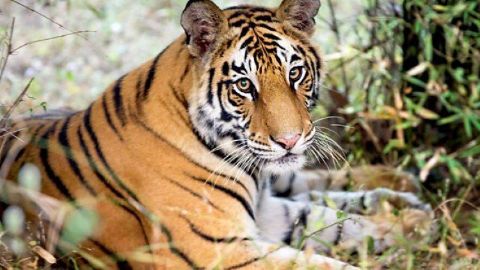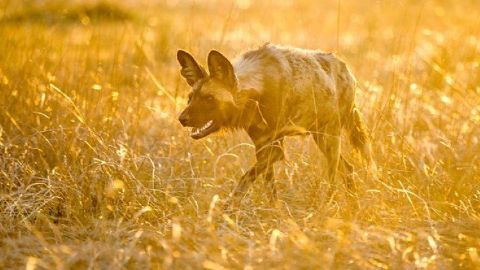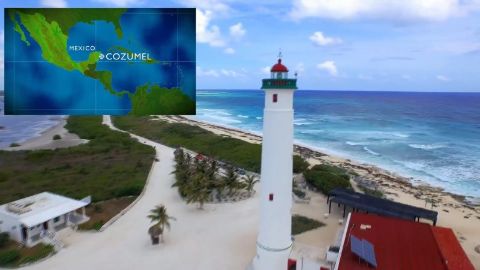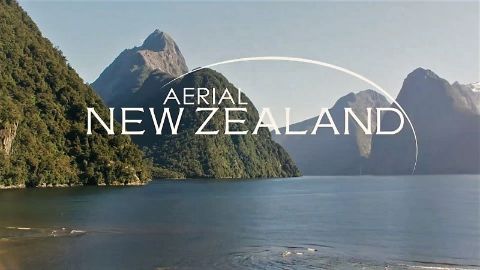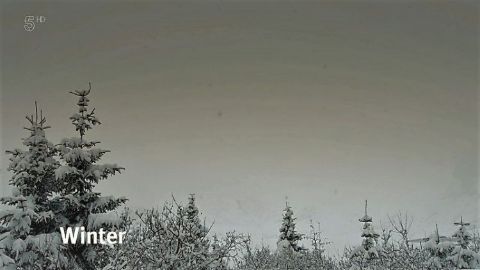The Hunt • 2015 • 7 episodes •
This opening episode reveals the extraordinary strategies used by both predators and prey.
2015 • Nature
How do polar predators face the challenges of hunting in the most seasonal place on Earth?
2015 • Nature
Predators and their prey hunt and escape in the dense and complex world of the forest.
2015 • Nature
Revealing the strategies predators use to hunt for prey in the big blue.
2015 • Nature
A look at predator and prey strategies in the open arenas of desert and grassland.
2015 • Nature
Predators hunt on the dynamic border between land and sea, where chances are brief.
2015 • Nature
Looking at the planet's top predators through the eyes of scientists trying to save them.
2015 • Nature
